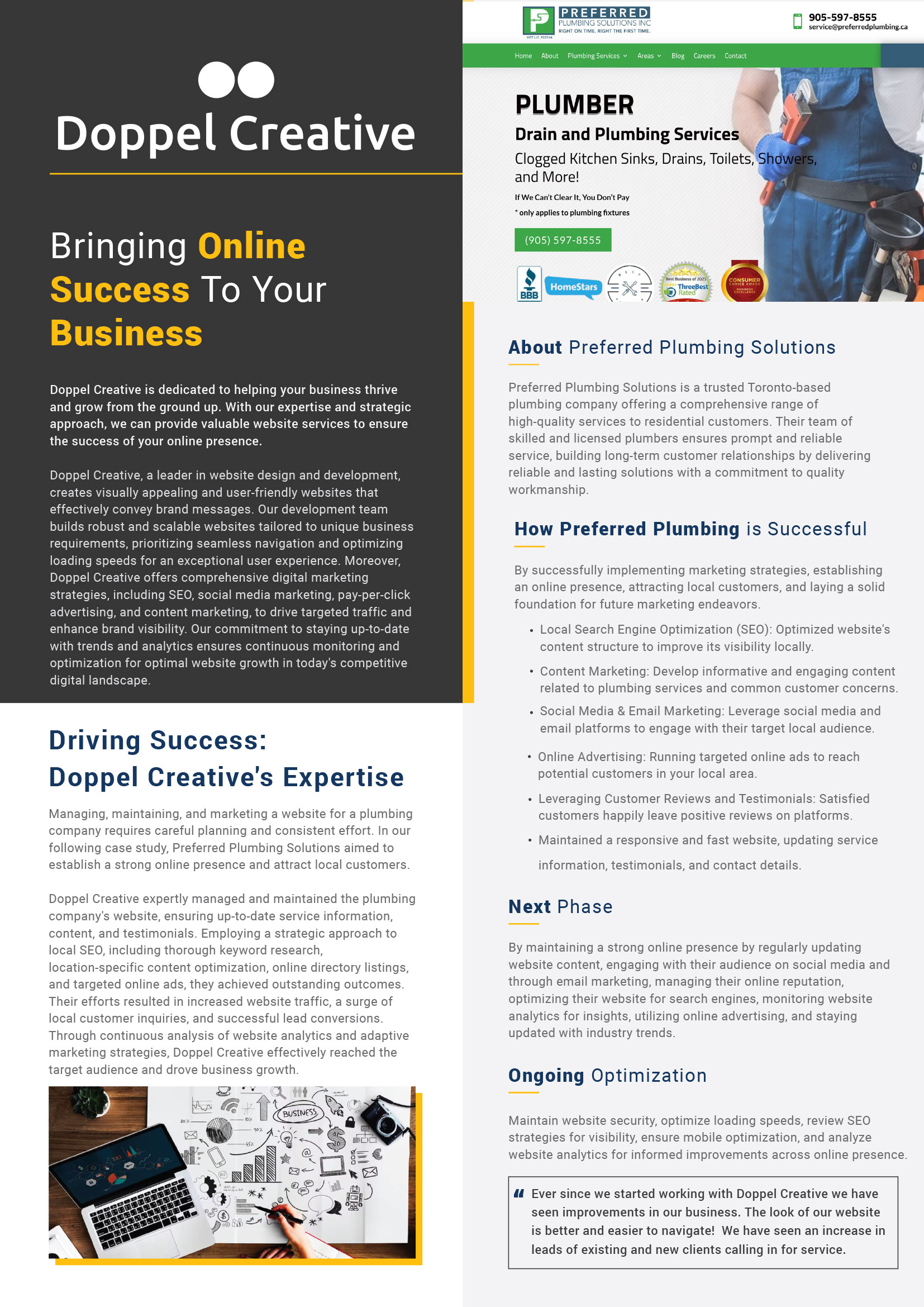
In the dynamic world of business, the adage “failing to plan is planning to fail” couldn’t be more relevant, especially when it comes to devising a marketing plan for your business. Strategic planning before marketing is the cornerstone of success in any endeavor, and the realm of marketing is no exception. Whether you’re a small startup or a well-established corporation, taking the time to carefully strategize before diving into marketing initiatives can make all the difference in achieving your business goals. In this blog post, we’ll explore the critical importance of strategic planning before marketing for your business.
Clarifying Objectives: Planning provides a structured approach to defining your marketing objectives. Before embarking on any marketing efforts, it’s essential to have a clear understanding of what you aim to achieve. Whether it’s increasing brand awareness, driving sales, or expanding into new markets, defining your objectives upfront will guide your marketing strategy and ensure that all efforts are aligned with your overarching goals.
Understanding Your Audience: A well-thought-out plan allows you to delve deep into understanding your target audience. By conducting thorough market research and customer analysis, you can gain valuable insights into the needs, preferences, and behavior of your audience. This knowledge forms the foundation for crafting targeted marketing messages and strategies that resonate with your audience, ultimately leading to higher engagement and conversions.
Allocating Resources Wisely: Effective planning enables you to allocate your resources—whether it’s budget, time, or manpower—wisely and efficiently. By carefully assessing your available resources and prioritizing initiatives based on their potential impact and ROI, you can ensure that you’re maximizing the effectiveness of your marketing efforts while minimizing waste.
Mitigating Risks: Planning allows you to anticipate potential challenges and risks that may arise during the execution of your marketing plan. By conducting a thorough SWOT (Strengths, Weaknesses, Opportunities, Threats) analysis and scenario planning, you can identify potential obstacles and develop contingency plans to mitigate risks and adapt to unforeseen circumstances effectively.
Measuring Success: A well-defined plan includes clear metrics and KPIs (Key Performance Indicators) for evaluating the success of your marketing efforts. By establishing measurable goals and benchmarks upfront, you can track your progress, identify areas for improvement, and make data-driven adjustments to your strategy along the way. This iterative approach to measurement and optimization is essential for driving continuous improvement and achieving long-term success.
Maintaining Consistency and Cohesion: Planning ensures consistency and cohesion across your various marketing channels and touchpoints. By developing a cohesive brand message and visual identity upfront, you can ensure that your marketing efforts are aligned and reinforce each other, thereby maximizing their impact and effectiveness.
Case Study: Preferred Plumbing Solutions
To illustrate the impact of strategic planning in marketing, let’s consider the case of Preferred Plumbing Solutions, a small plumbing company looking to expand its customer base. By implementing a strategic marketing plan, Preferred Plumbing Solutions experienced significant growth in customer acquisition and brand recognition.
In conclusion, the importance of strategic planning before marketing for your business cannot be overstated. From clarifying objectives and understanding your audience to allocating resources wisely and mitigating risks, effective planning lays the groundwork for success in the competitive landscape of marketing. By investing time and effort into careful planning, you can set your business up for long-term growth and prosperity in the ever-evolving world of business.

